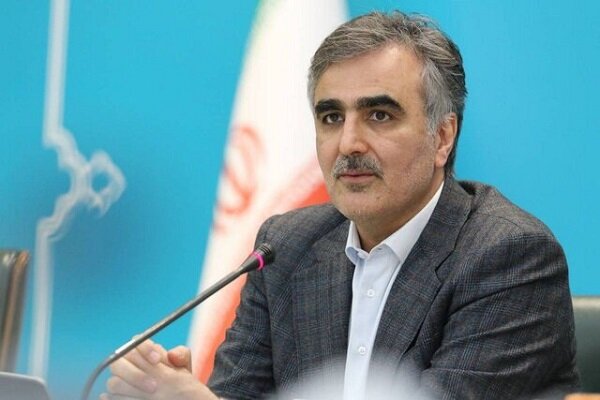
Similar Posts
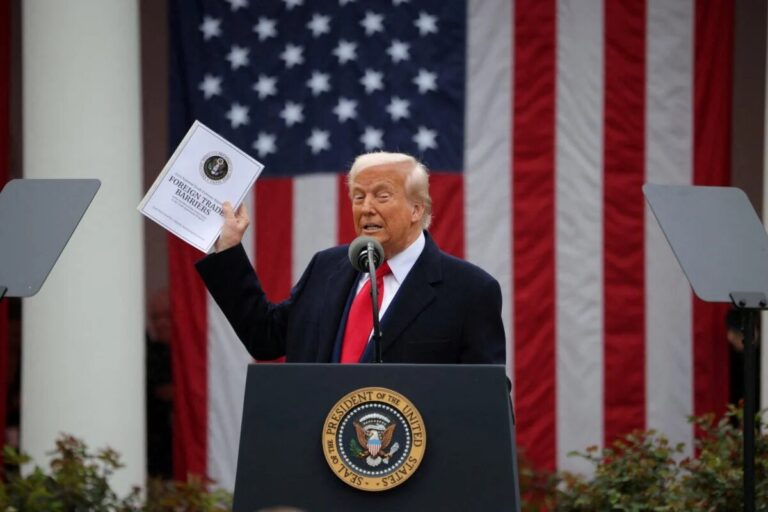
Beijing Strikes Back: Imposes 34% Import Tariff in Response to US Trade Tensions
China is set to implement new tariffs on April 10, responding to the recent 34 percent tariff imposed by the United States on Chinese goods. This move reflects Beijing’s tough stance against Washington, signaling reluctance to negotiate despite US President Trump’s willingness to discuss terms related to TikTok. Additionally, China has restricted exports to 16 American companies and declared six US-linked firms ineligible for exports. The escalating tariffs are expected to disrupt global supply chains, increase market volatility, and strain diplomatic relations, with significant economic repercussions for both nations and the international community. Observers anticipate further developments in this ongoing trade conflict.
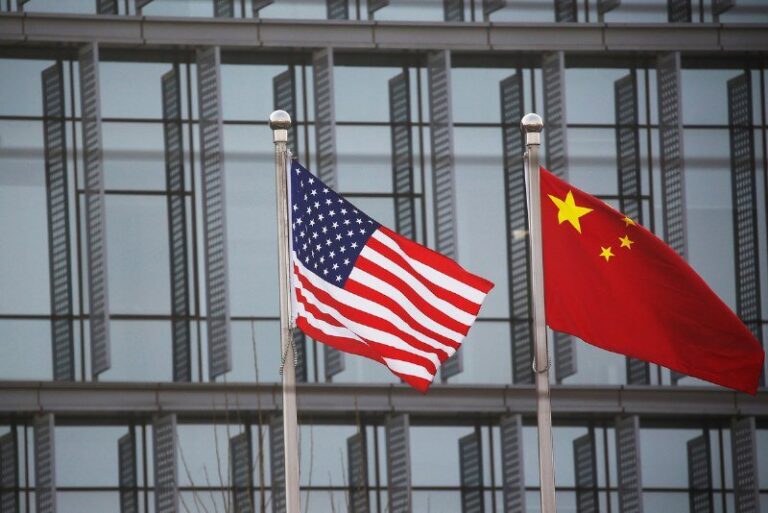
Beijing Issues Stark Warning Against ‘Appeasing’ US Amid Ongoing Tariff War
In a significant escalation of trade tensions, China has issued a stern warning about potential retaliatory measures against countries forming trade agreements with the U.S. that undermine its interests. The Chinese Ministry of Commerce condemned U.S. tariffs as “unilateral bullying” and indicated readiness to respond with countermeasures. As the trade war intensifies, other nations face economic uncertainty, increased tariffs, and potential shifts in global supply chains. Experts suggest the conflict may lead to a restructuring of trade alliances. The situation underscores the importance of diplomacy and collaboration to prevent further escalation and ensure mutual economic benefits.
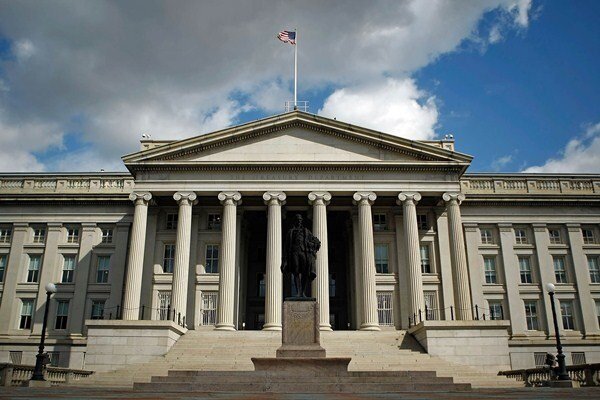
US Targets Iranian LPG Tycoon with New Sanctions Amid Ongoing Negotiations
The U.S. has imposed new sanctions on Iranian LPG magnate Seyed Asadoollah Emamjomeh and his corporate network, as announced by the Treasury Department. This move is part of the U.S. “maximum pressure campaign” aimed at limiting Iran’s global influence amid ongoing nuclear negotiations. Emamjomeh’s network is crucial in shipping significant quantities of Iranian LPG and crude oil. Following positive discussions in Oman and Rome regarding Iran’s nuclear program, expert-level talks are set for tomorrow in Muscat. The sanctions and negotiations reflect the complicated dynamics of U.S.-Iran relations since the U.S. withdrawal from the 2015 nuclear deal.
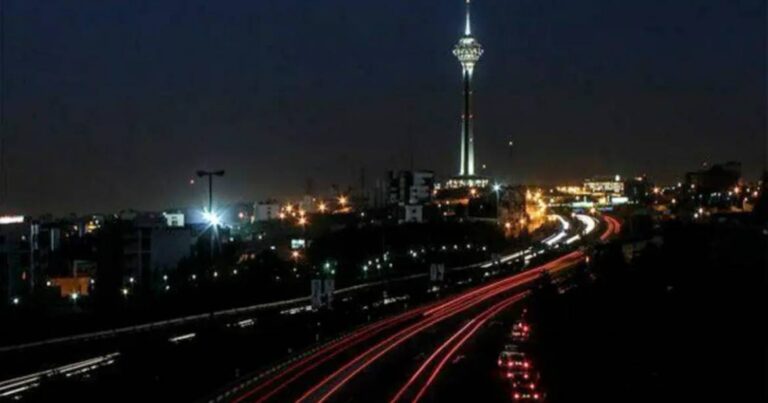
Iran’s Parliament Speaker Highlights Mismanagement as Key Factor Behind Energy Crisis
Iran is facing a severe energy crisis, with parliament speaker Mohammad Bagher Ghalibaf attributing the root cause to mismanagement rather than resource scarcity. During a special Energy Committee session, he highlighted the need for reform, stating that institutional flaws and outdated governance are exacerbating the situation. Energy Minister Abbas Aliabadi warned of a looming electricity deficit and critical gas shortages, predicting a 25,000 megawatt shortfall next year. Amid rising consumption and strained resources, Ghalibaf proposed establishing an operational center to align supply and demand. The challenges ahead threaten significant economic losses, with officials divided on solutions.
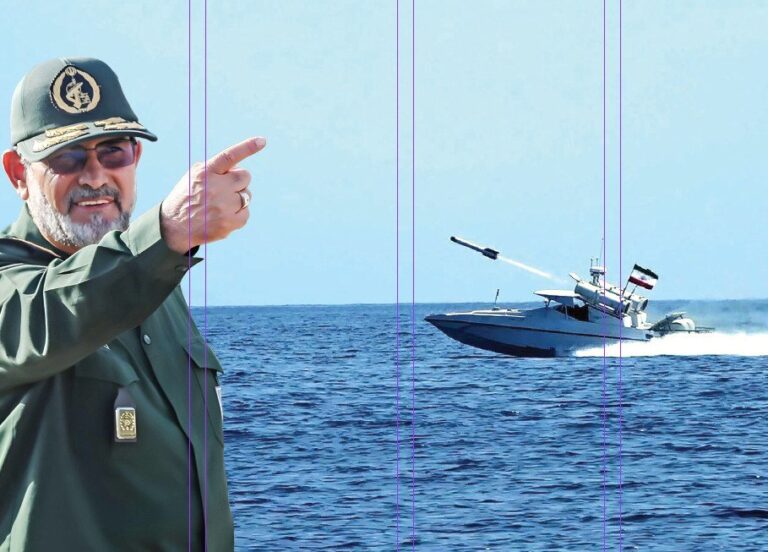
IRGC General: Trump Fails to Halt Iran’s Oil Exports
During a recent event commemorating the 46th anniversary of the Islamic Revolution, the commander of the IRGC Navy claimed that Donald Trump is failing to execute his threats to reduce Iran’s oil exports to zero. He highlighted Iran’s historical resilience against external pressures, stating that the nation has withstood sanctions for decades. Trump’s renewed “maximum pressure” policy, reminiscent of his first term, has been met with skepticism from Iranian leaders, who argue that such measures only strengthen national unity. Iran continues to implement strategies to mitigate sanctions, emphasizing its determination to maintain oil exports amid ongoing geopolitical tensions.
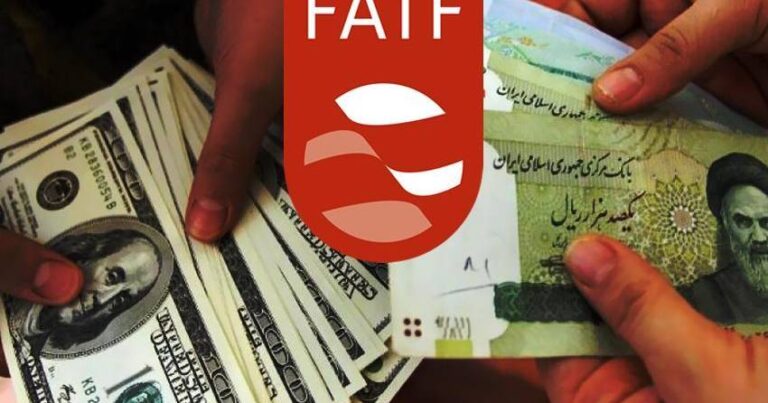
Iran’s Path to Financial Freedom: Long-Awaited Law Aims to Break Isolation
Iranian officials are optimistic about a new legislative measure to comply with the Financial Action Task Force (FATF) standards. The Expediency Council approved a bill allowing Iran to join the Palermo Convention against Transnational Organized Crime, but the conditions attached may hinder full compliance. A second bill on combating terrorism financing is expected to be reviewed soon. While this progress is seen as vital for Iran’s economic integration and potential removal from the FATF black list, concerns remain about the reservations in the legislation that could create loopholes. Actual removal from the black list will depend on effective implementation over time.